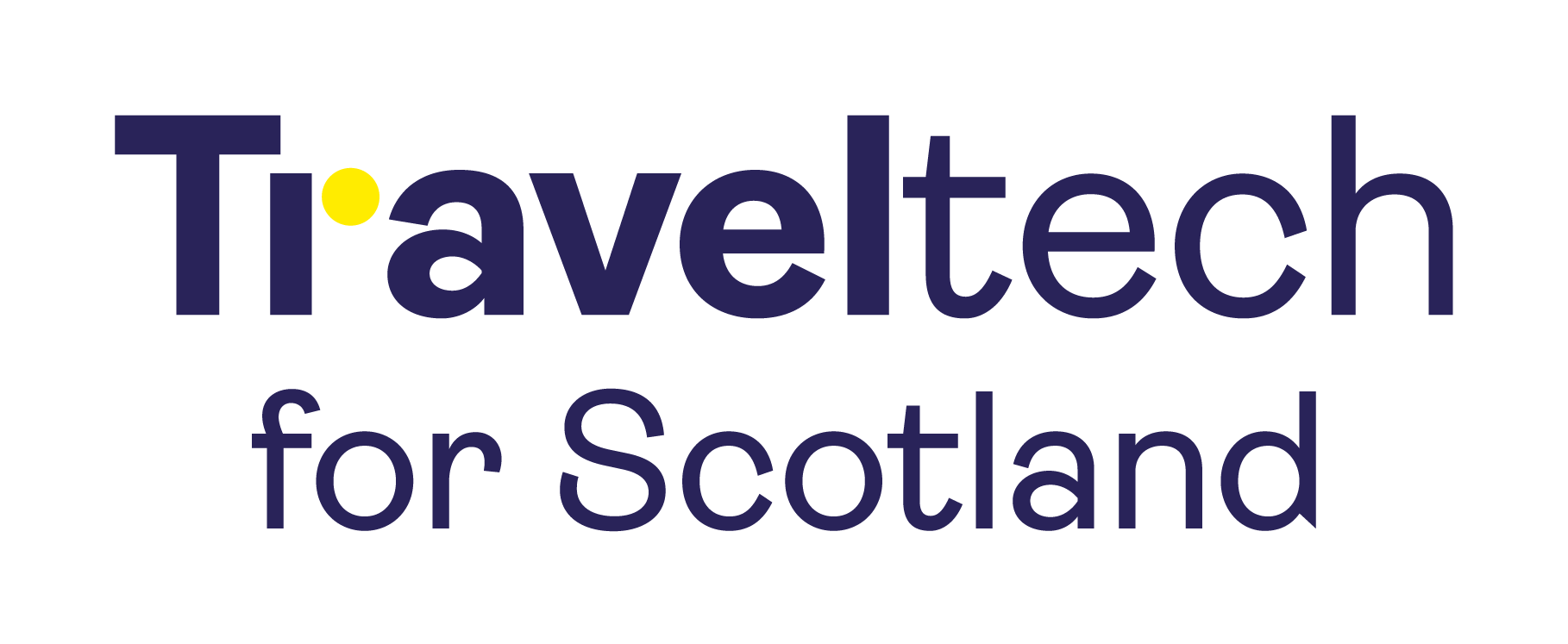Edinburgh’s Tourism Economy and Web3
Holyrood Hotel
- Thursday, 23/03/2023
- 13:00 - 17:00
Holyrood Hotel
81 Holyrood Rd, Edinburgh EH8 8AU
Event Description {{detailsExpanded ? '- Show Less' : '+ Show More'}}
Exploring Distributed Service Ecosystems & Web3 for Travel & Tourism in Scotland
Beyond the hype, Web3 and other decentralised technologies share a core idea – that through the creation, sharing and storage of independently verifiable records and data, various distributed actors can better trust, interact and transact with each other.
The promise of these technologies is therefore to facilitate and co-ordinate new, distributed services and economies, and enable diverse actors to participate in the creation, exchange and growth of value. These actors could be organisations, and individuals, as well as software agents (bots) or connected devices acting autonomously.
We’re interested in understanding the opportunities and implications of such distributed service ecosystems, in Edinburgh’s travel and tourism sector, and are seeking leaders in the sector in Edinburgh to join us for an afternoon workshop.
In this workshop, we will share a novel design toolkit, developed by Orange xdLab, in collaboration with the University of Edinburgh’s ‘DeCaDE’ centre. Attendees will work through a series of activities to identify how the relationships, assets and capabilities of actors across the travel and tourism sectors in Edinburgh can be unbundled, and reconfigured by distributed technologies. The outcome of the toolkit is to identify potential use cases for distributed services and data. Following the workshop, the research team will seek to investigate opportunities to develop the most promising use cases with partners.
---
Partners:

Orange - Adam de Linde, Design Director
Adam de Linde has 15 years designing digital products and services in telco and in financial services prior to that. His work frequently involves bringing user-centred design practices into the enterprise and promoting its adoption within the technical working culture of telco. His current role involves adapting UX practices and service design to Web3 principles.

DeCaDE – Dr Chris Elsden
DECaDE is a five year research centre exploring how emerging data driven technologies such as Distributed Ledger Technology and Artificial Intelligence, could transform our digital economy through decentralised platforms. Crucially, DECaDE is multi-disciplinary research centre – not just creating technologies, but understanding business drivers, the legal and regulatory landscape, and the impact of these emerging platforms on society and the future of work. DECaDE is a collaboration between the Universities of Surrey, Edinburgh and the Digital Catapult.
Dr. Chris Elsden is a Chancellor’s Fellow in Service Design, in the Institute for Design Informatics at the University of Edinburgh. He is a design researcher, with a background in sociology, and expertise in the human experience of data-driven services. Using and developing innovative design research methods, his work undertakes diverse, qualitative and often speculative engagements with participants to investigate emerging relationships with technology – particularly data-driven tools, FinTech and blockchain technologies.

Traveltech for Scotland
Traveltech for Scotland is here to get behind Scotland’s traveltech pioneers We are a cluster organisation that has been set up to make Scotland Europe’s leading traveltech hub. We work to bring together our community of traveltech entrepreneurs with the tourism and hospitality sector, government, accelerators, investors, consumer groups, universities and skills agencies.
View Other Events
© 2025 - The University of Edinburgh
